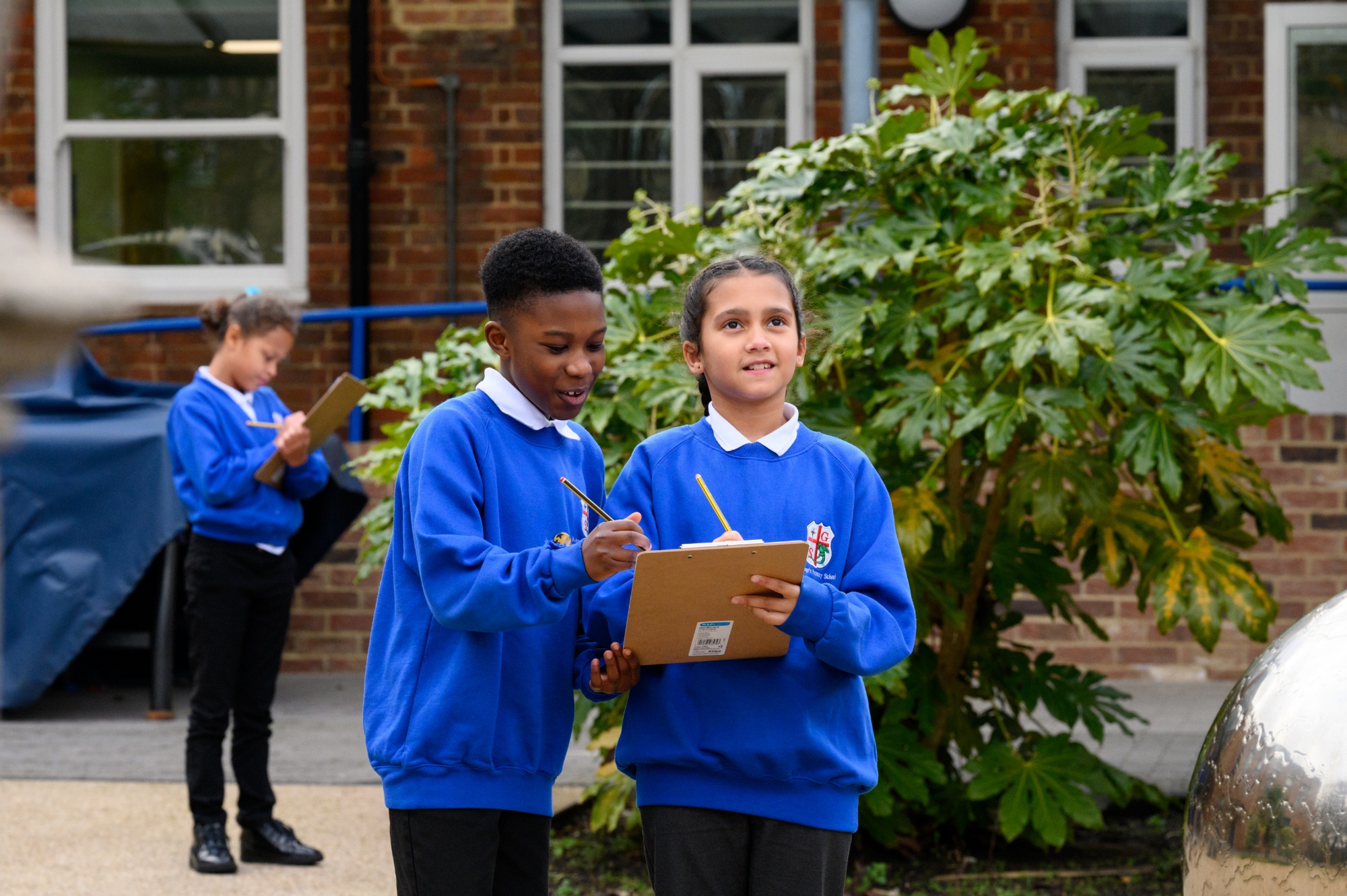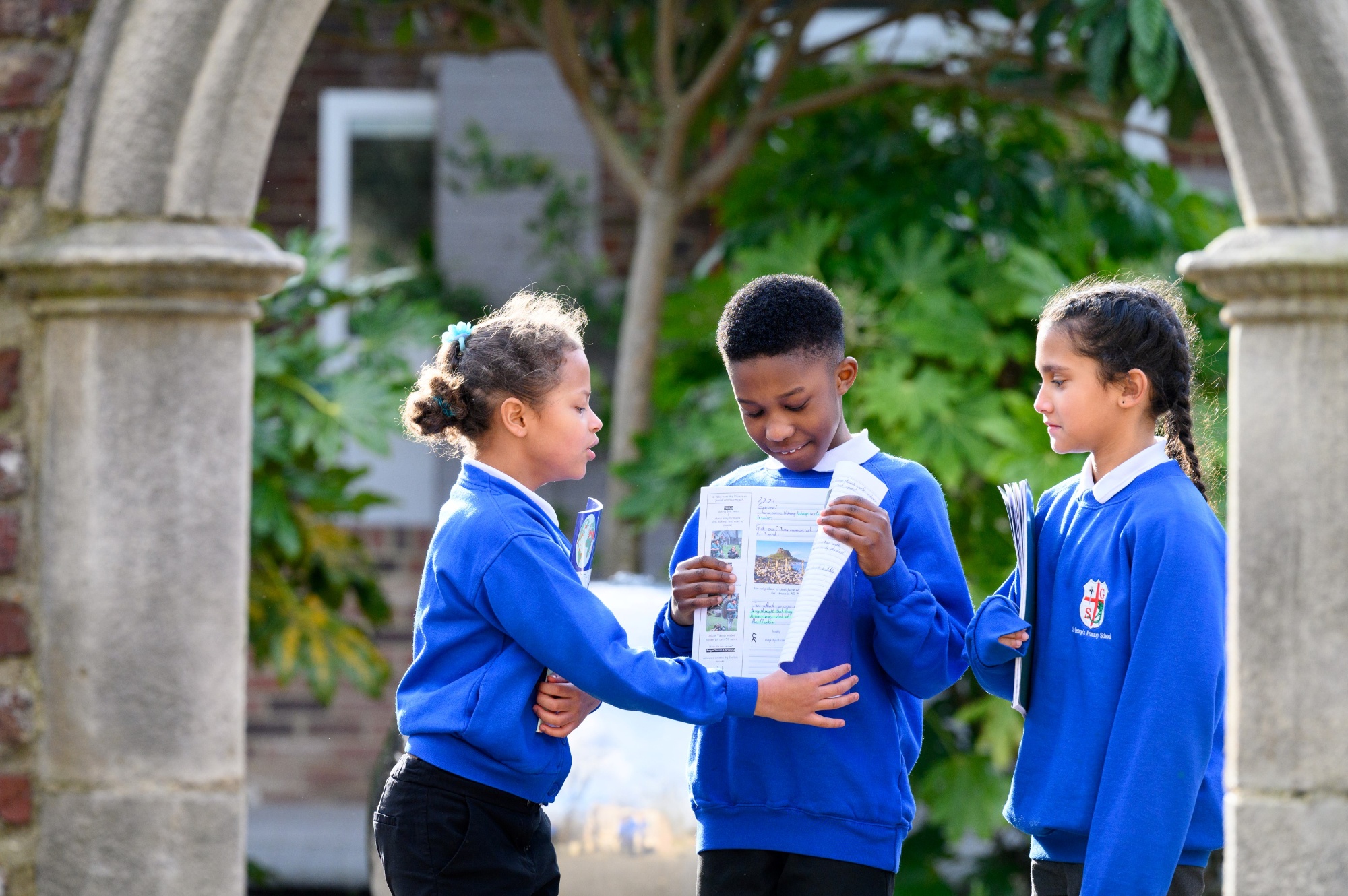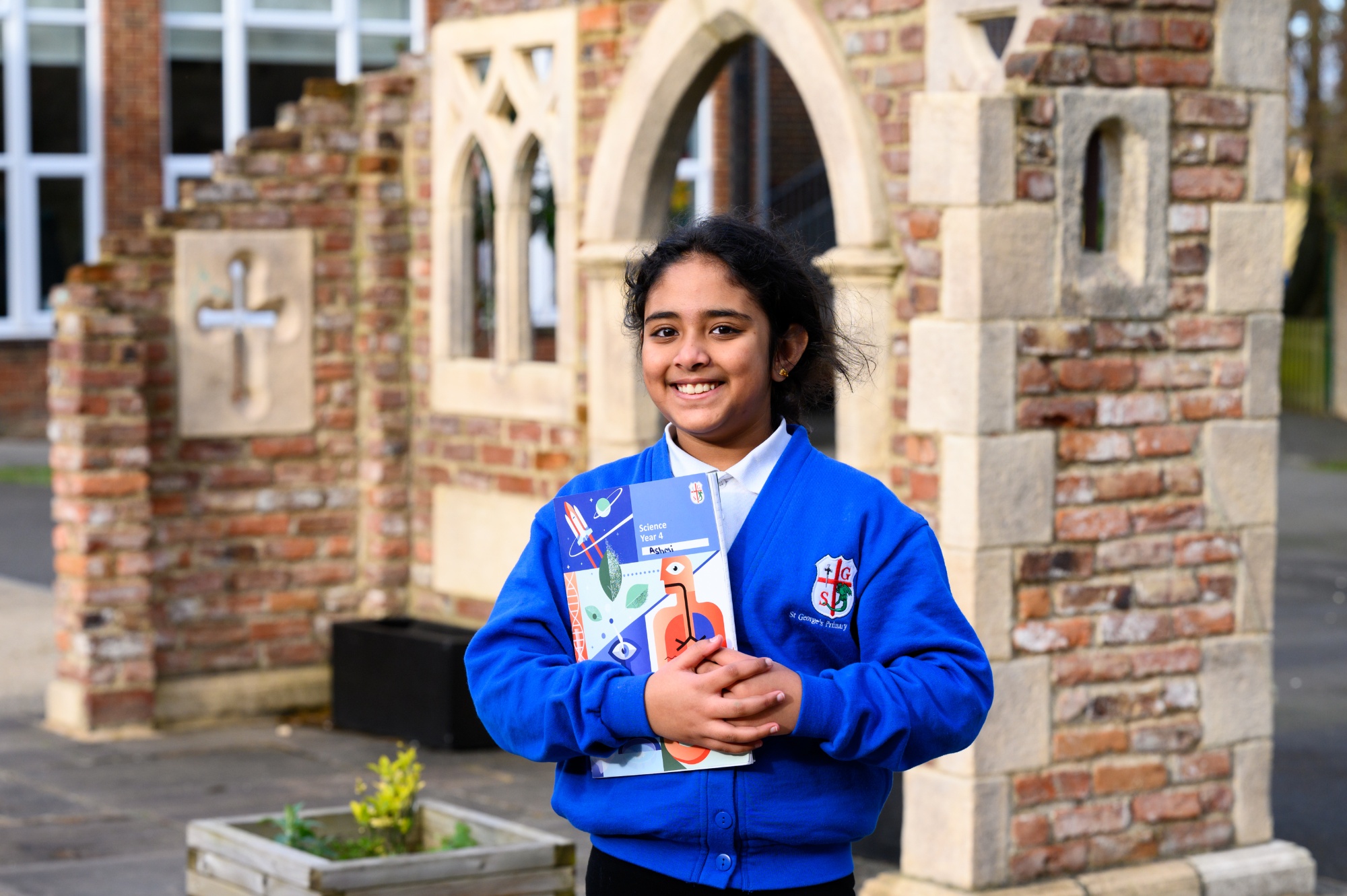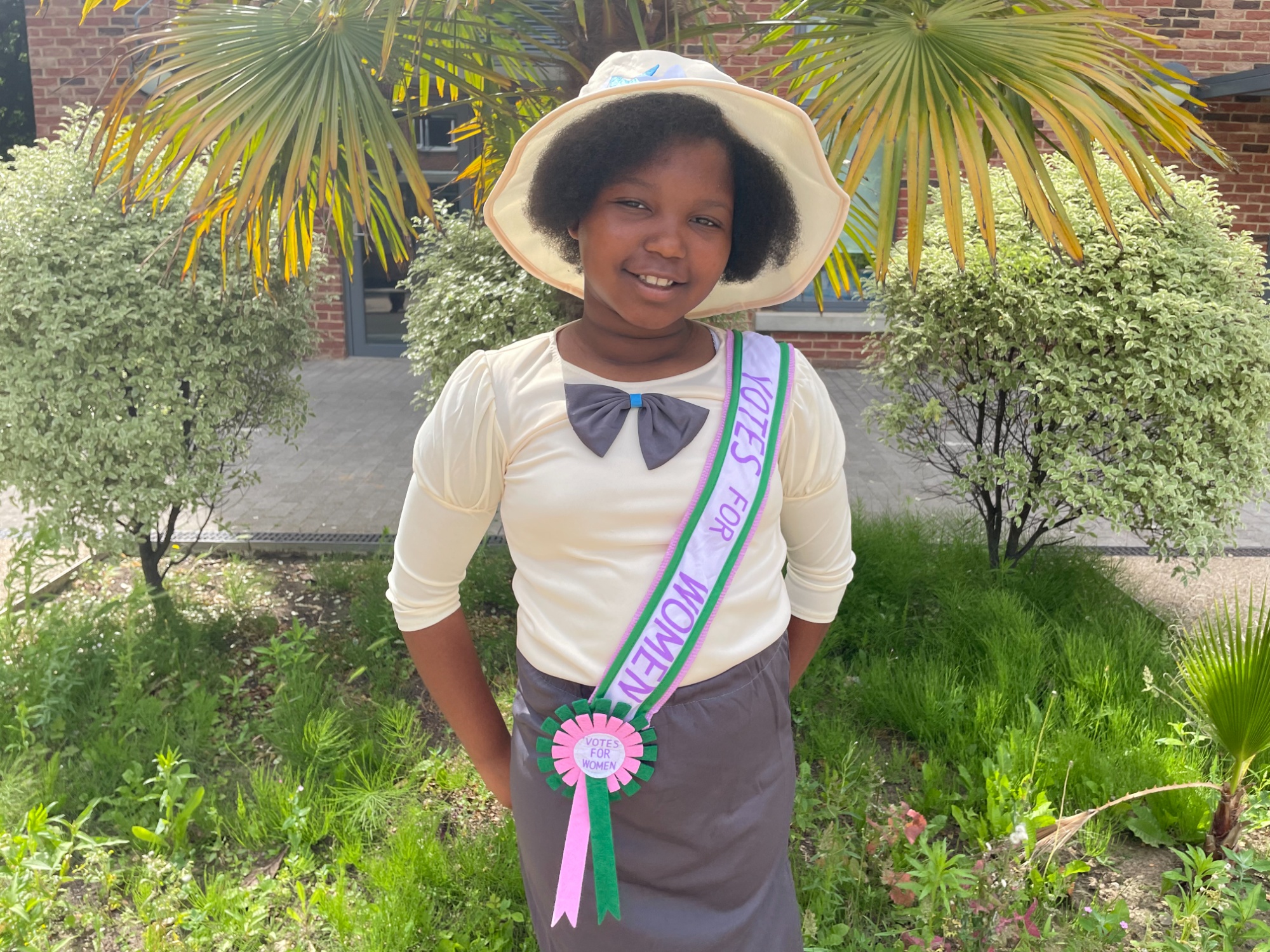History
Be inspired.
Be academic.
Be reasoned.
Our Curriculum Vision Statement
Be inspired. Be academic. Be reasoned.

Intent
Our intent is to deliver the content outlined in the history programmes of study within the national curriculum, augmented with powerful knowledge carefully selected to build upon our pupils’ starting points of cultural capital.
To this end, we use the CUSP model curriculum. This is a knowledge-engaged progress model which clearly outlines the key knowledge and vocabulary for each stage of learning in sequence. It has been deliberately adapted in order for pupils to see themselves in the curriculum and prepare them for life in modern Britain.
Our History curriculum intends to prepare each student for their next phase of education whilst at the same time giving all students a broad and balanced view of the History of Britain and other societies and epochs. In this, students will develop a well-rounded knowledge of the past and its events, with intention to improve every students’ cultural capital, understanding of the world around them as well as their own heritage.
As stated in the National Curriculum: ‘History helps pupils to understand the complexity of people’s lives, the process of change, the diversity of societies and relationships between different groups, as well as their own identity and the challenges of their time.’ Our historians will learn how to differentiate between source types, explain how these sources give us an insight about how people used to live and how these interpretations may differ. Pupils will be taught to make links between these areas of learning, with the aim of developing engaged, motivated and curious learners that can question the past and make meaningful links to the present day.
Implementation
All areas of our curriculum are implemented using ten principles of effective instruction outlined in our Teaching Touchstones, which work in symbiosis with the Gradual Release Towards Independence model for teaching.
Coverage
Alongside delivering substantive knowledge, we also teach children critical thinking to analyse, evaluate and make judgements on how significant events have shaped the past. Through the use of high-quality resources and examples of primary and secondary sources, we discuss the disciplinary knowledge that historians have used to piece together history as we have come to know it.
The curriculum is broadly taught chronologically so that pupils gain an understanding of their place in time and how each historical event ‘fits in’ to the wider context. We have carefully chosen historical figures which represent our community and prepares pupils for life in modern day Britain, whilst ensuring the content of the curriculum builds pupils’ cultural capital.
Vocabulary
Vocabulary forms a key part of our curriculum. Therefore, subject specific Tier 2 and Tier 3 words are identified in each module. Supporting pupils in the acquisition of knowledge, through the use of key concepts, terms, and vocabulary, provides opportunities to build a shared and consistent understanding. Knowledge organisers, glossaries and displays, along with regular recall and revision, will be used to support this approach.
Knowledge organisers
Accompanying each module is a Knowledge Organiser which contains key vocabulary, information and concepts which all pupils are expected to understand and retain. Knowledge notes are the elaboration and detail to help pupils acquire the content of each module. They support vocabulary and concept acquisition through a well-structured sequence that is cumulative. Each Knowledge Note begins with a learning question which focuses on the key content to be learnt and understood. Knowledge Organisers and Knowledge Notes are dual coded to provide pupils with visual calls to aid understanding and recall.
Resources
Our History modules are underpinned by high quality texts which support wider curriculum reading. We encourage pupils to access these high-quality texts to support their learning and develop their skills in accessing information from a range of sources.
Our historians will be given a variety of experiences both in and out of the classroom, where appropriate, to create memorable learning opportunities and to further imbed knowledge. We also aim to make use of resources within the immediate and wider local area enabling children to develop a deep understanding of the history of their locality.
Impact

The impact of our curriculum is directly aligned to our whole school vision and culture statements, as well as the History vision statement and the aims and purposes set out in the national curriculum.
We say to our pupils:
Be Inspired
This means we want our pupils to:
Be brave:
-
Ask questions about what we can learn from the past and do differently now.
-
Create and share opinions with others.
-
Be courageous advocates, inspired by inspirational figures and movements in history.
Be great:
-
Participate in high-quality visits/visitors to further appreciate the impact of History.
-
Become increasingly aware of how historical events have shaped the world that they currently live in.
-
Know about a diverse range of civilisations and historians who have made an impact of our locality and the wider world.
Be you:
-
Develop enquiry skills to pursue their own interests within a topic and further questioning.
-
Draw comparisons and make connections between different time periods and their own lives.
-
See themselves in our curriculum.
-
Build on cultural capital.
Be Academic
This means we want our pupils to:
Be brave:
-
Ask perceptive, challenging questions about sources and interpretation.
-
Understand, change, and articulate misconceptions they previously held.
-
Show a growth mindset when faced with challenging concepts or language, changing their opinions when confronted with new evidence.
Be great:
-
Use and build on a wide vocabulary of historical terms.
-
Have chronological understanding.
-
Know and understand significant aspects of the history of the wider world.
-
Analyse connections, contrasts and trends over time.
-
Construct informed responses that involve thoughtful selection and organisation of relevant historical information.
Be you:
-
Recall and build on knowledge from their organiser.
-
Connect schema from previously learned topics.
-
Create their own structured accounts, narratives and analyses.
Be Reasoned
This means we want our pupils to:
Be brave:
-
Critically evaluate sources to develop an understanding of historical enquiry.
-
Consider and address their own and others’ misconceptions.
-
Address and devise historically valid questions about change, cause, similarity and difference, and significance.
Be great:
-
Weigh evidence and sift arguments.
-
Discern how and why contrasting arguments and interpretations of the past have been constructed.
-
Gain historical perspective by placing their growing knowledge into different contexts.
Be you:
-
Choose appropriate methods of historical enquiry.
-
Make informed and balanced judgements based on their knowledge of the past.
CUSP Curriculum Sequence and Resources

As outlined in our History Curriculum Vision Statement, we are passionate about delivering substantive knowledge alongside the disciplinary knowledge for them to think like a historian as well as being inspired to be courageous advocates in the future.
Because of this, we implement the Curriculum with Unity Schools Partnership History Sequences of learning.
Of their History curriculum, CUSP say:
- ‘Connected’
- ‘Cumulative’
- ‘Coherent’
CUSP is underpinned by evidence, research and cognitive science. Modules are deliberately sequenced for robust progression and allows teachers to focus on the lesson.
There is an emphasis on oracy and vocabulary acquisition, retention and use to break down learning barriers and accelerate progress. A rich diet of language and vocabulary is deliberately planned for.
Specific skills are discreetly taught and practised so that they become transferrable. The sequenced modules activate prior learning, build on skills and deepen knowledge AND understanding. Learning, vocabulary and content is cumulative; content is learned, retrieved and built upon.
Each History module has:
- Long term teaching sequences that are interleaved and planned around the retrieval of prior knowledge.
- Subject concepts clearly articulated.
- BIG idea maps for each study to support curriculum navigation, priming and retrieval practice.
- A vast non-fiction literature spine through a comprehensive choice of wonderful online books.
- Dual-coded knowledge organisers.
- Coherent lesson sequences.
- Cumulative questions connected to each lesson.
- Unique and innovative knowledge notes for each lesson that is dual coded and rich in vocabulary.
- Vocabulary Modules which are explicitly designed to support the study.
- High quality images and diagrams to teach from.
Please visit the website here to find out more information.



